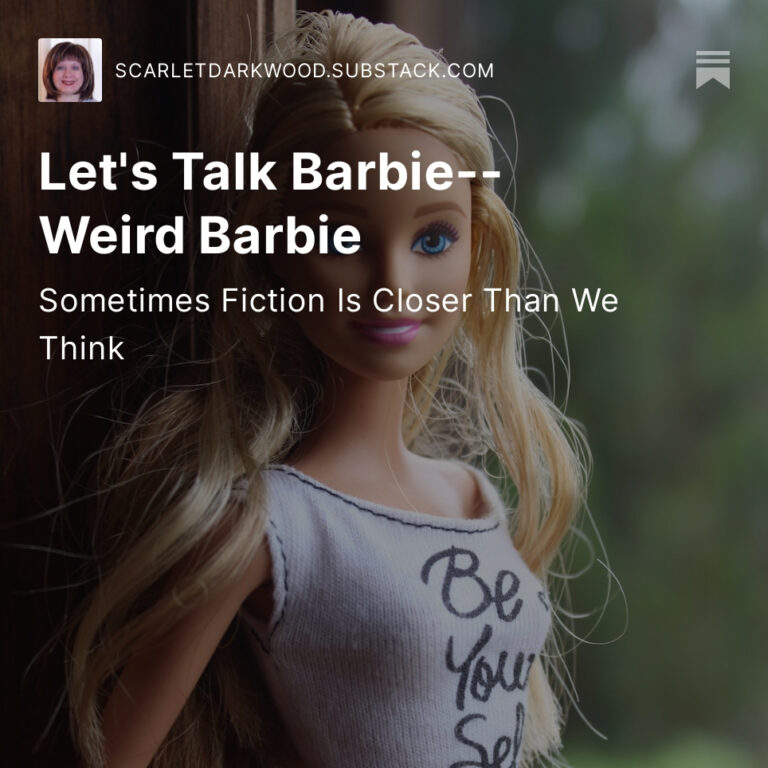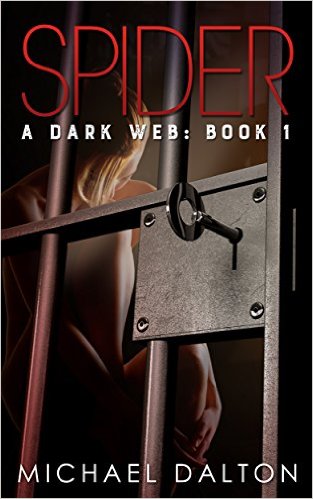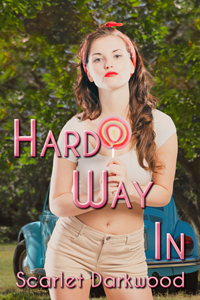
I heard all the brouhaha about Robert Gottlieb’s “mansplaining” the romance genre. On September 26, 2017 Gottlieb outlined his true thoughts on the genre in an article published by the New York Times, “A Roundup of the Season’s Romance Novels.”
Gottlieb wasted no time in firing off his assessment of some of the most popular books by the leading best-selling authors. He broke them down, reducing each one to a common anatomy, “He,” “She,” “They.” Using this standard, he ripped apart each novel with a tongue-in-cheek review, pointing out the common devices, elements, worn out plot lines, and character tropes.
At the end, he tried balancing his scathing attacks by pointing out the likes of Barbara Cartland, Danielle Steele, and Nora Roberts, and how they set limits on sex elements in their stories, or how the women characters managed to score both the man of their dreams and a career, paying homage to the sentiment that the modern woman can have it all. Those approaches are what made Cartland, Steele, and Roberts different and why they seemed to hold a more esteemed place in his estimation.
Gottlieb ended by showing how the modern romance genre now encompasses so many elements and character types that it’s no wonder anything and everything has been written in the genre. And no matter how wild, unorthodox, or ludicrous, each approach seemed to garner an adoring fan base. In the final showdown, he posed a rhetorical question.
Do mens’ preferences in the tropes of their preferred genres (Sci-Fi, Action, Thriller) outshine or show more sophisticated thinking than women based on the virtue of their genre choice? Just because men love James Bond characters with the lust for action, danger, and women, does this make women and their choice to read romance witless creatures reading equally bland, witless books? It sure seemed so. He pretty much illustrated this sentiment with select quotes from many of these books, along with his commentary.
In the end, Gottlieb tried to redeem himself by stating that regardless of genre or preferences by gender, a certain silliness pervaded many genres, insinuating that perhaps one really wasn’t more advanced or better than another.
I must admit, as I read Gottlieb’s article, I kind of giggle-snorted my way through. But not because I thought he was being crass or disrespectful. I did it because I really found myself agreeing with his analyses in many ways. Everything he mentioned, to me, rang with a certain truth. Like it or not, many of those genres do encompass their formulaic story lines or tropes. Many readers felt that Gottlieb was nothing more than akin to a troll on Amazon. Some readers felt he had slighted their intelligence. I personally think Gottlieb was expressing his own typical male reaction to the genre. I wonder if many men don’t feel the same way he did, if they’d read those books or others like them.
My husband doesn’t care for romance books. My mother would find many romance books today trashy and without merit. Need I add unintelligent reading? Yes, she thinks that–and she’s female. (Note: she can’t stand my books!)
But back to that trope thing. I’ve found that humans like the tropes, the expected. They don’t like different, though they’ll swear on a stack of Bibles that they do like different, and are often in search of the next favorite author. Personally, I think they’re looking for the next favorite author who writes the tropes and the same stuff the reader likes to reach much of the time, anyway. But that’s just my nasty, unsolicited opinion.
The other argument, how many story lines and twists can be thought up? At some point, those run out. The infinite possibilities may not actually be there. We just think we have the infinite.
I don’t like the tropes, the expected, and in my books, I try to steer clear of much of that when I can. Sometimes I think I succeed. Maybe I don’t. Maybe that’s why my books are liked by a different (probably much smaller) audience. I would like to make money at my books, writing those tropes and predictable story lines, but I just can’t do it. I truly like to write the story I have for a particular book, and it comes out the way it does because that’s the way I want to present it.
Though I write romance at times, I don’t read much of it, if any. Or I read it via Chic Lit (one of my favorite genres). My choice in books are varied, so different than even from what my mom reads. But that’s what makes the reading world nice. So many choices, predictable or not. For those who write romance, and are “guilty” of the style Gottlieb seems to scorn, keep doing what you do. Regardless of what he thinks, or my agreement with him on many levels, you have a fan base who adores you and will keep buying your books. You can’t get any better than that!
If you wish to read Gottlieb’s article, you can read it here
And for those of you who would like to take jabs at me for even considering Gottlieb’s comments relevant, feel free to comment below.




